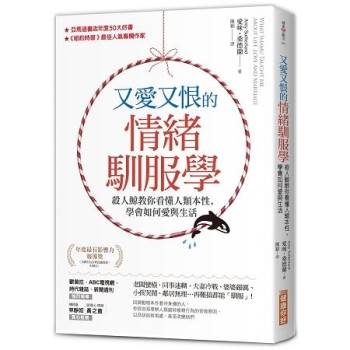The Philobiblon of Richard De Bury, Volume 1, is a celebrated medieval treatise on the love of books. Written by Richard de Bury, Bishop of Durham and a noted bibliophile of the 14th century, this work extols the virtues of books and learning. De Bury passionately advocates for the acquisition and preservation of manuscripts, reflecting the intellectual fervor of the Middle Ages.
This volume offers insights into the author’s motivations for collecting books, his views on the importance of knowledge, and his experiences in assembling a vast library. It delves into the practical aspects of managing and caring for books, providing a unique glimpse into the world of medieval libraries and the scholars who cherished them.
“The Philobiblon†remains a valuable resource for those interested in the history of books, the development of libraries, and the intellectual climate of the medieval period. Its enduring appeal lies in its eloquent expression of the joy and significance of reading and the pursuit of wisdom.
This work has been selected by scholars as being culturally important, and is part of the knowledge base of civilization as we know it. This work was reproduced from the original artifact, and remains as true to the original work as possible. Therefore, you will see the original copyright references, library stamps (as most of these works have been housed in our most important libraries around the world), and other notations in the work.
This work is in the public domain in the United States of America, and possibly other nations. Within the United States, you may freely copy and distribute this work, as no entity (individual or corporate) has a copyright on the body of the work.
As a reproduction of a historical artifact, this work may contain missing or blurred pages, poor pictures, errant marks, etc. Scholars believe, and we concur, that this work is important enough to be preserved, reproduced, and made generally available to the public. We appreciate your support of the preservation process, and thank you for being an important part of keeping this knowledge alive and relevant.












